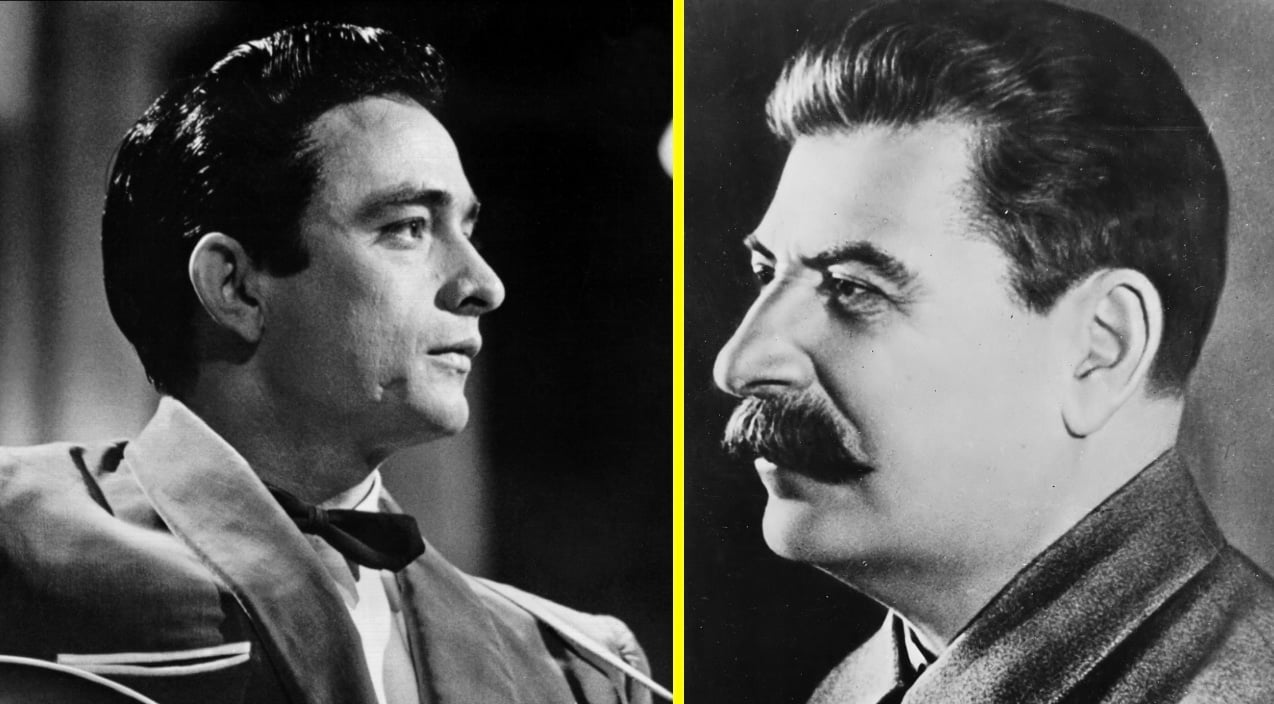Years before anyone would know him as a country music singer – let alone a legend in the genre – Johnny Cash would achieve something like nobody else in all of the country…
A young, spry 18-year-old Johnny Cash quickly enlisted in the United States military and his knack for quickly crunching Morse Code and deciphering it proved invaluable to the Air Force.
7/3/54: Johnny Cash is discharged from the U.S. Air Force at Fort Kilmer, New Jersey. pic.twitter.com/DDaeSElEwS
— COUNTRY MUSIC FACT (@HistoryCountry) July 3, 2013
Shortly after his enlistment, Cash was stationed in Lackland Air Force Base in San Antonio, Texas before getting deployed to West Germany for a duty station that was at the forefront of the Cold War between Soviet Russia and the United States.
https://twitter.com/ThatEricAlper/status/839913927031009280
During this post, Cash earned the rank of Staff Sargeant and his knack for deciphering Morse Code was recognized. He was quickly moved into a Security Service unit as a Morse Code operator and was given an important role to decipher Soviet communications.
Did you know? Johnny Cash was a radio operator in the U.S. Air Force before coming back to Memphis and starting his music career. See more artifacts from Johnny's early life and career at the Johnny Cash Museum! pic.twitter.com/jqt9hMHfh2
— Johnny Cash Museum (@CashMuseum) May 21, 2018
While at his listening post in Landsberg, West Germany, Cash also formed his very first band and was inspired to write one of his most recognized songs “Folsom Prison Blues” while likening his life on a secret post to life in the prison.
Because of the incredibly sensitive nature of his position, Cash couldn’t discuss anything about his work life with people outside of his unit – and for that reason, it wasn’t until many years later that he could reveal the important role he played.

(Above: Johnny Cash sings “I Walk The Line” in German.)
On March 5th, 1953, Cash decoded a transmission from Soviet Russia that he knew would be one of the most important pieces of information he ever held.
It was during that time the leader of Soviet Russia, Joseph Stalin, had been in very poor health. Just a few days prior, his staff had discovered him only partially-conscious on the floor of his bedroom. Suffering from a cerebral hemorrhage (a type of brain bleed), Stalin then was laid on a couch for the next three days before he died. According to his daughter, Svetlana, he had undergone “a difficult and terrible death,” however many believe he may have been murdered, but evidence of that hasn’t been discovered.
Today 1953 Joseph Stalin dies. He & his regime were directly responsible for the deaths of a minimum of 20 million. pic.twitter.com/gjoy2zTp0A
— James Thorne (@JamesThorne2) March 5, 2014
During his station monitoring Soviet Morse Code chatter, Cash learned of Stalin’s passing before anyone else in the entire U.S. He immediately finished decoding the transmission and alerted his superiors to the death of Stalin.
Over the next decades, this major accomplishment under service to our great country would become a lesser-known factoid of Cash’s life – partly due to the level of secrecy required for quite some time after, and also because of his growing celebrity status as a musician.
Listen to Johnny Cash’s hit song, “Folsom Prison Blues” he wrote while stationed in West Germany below.


